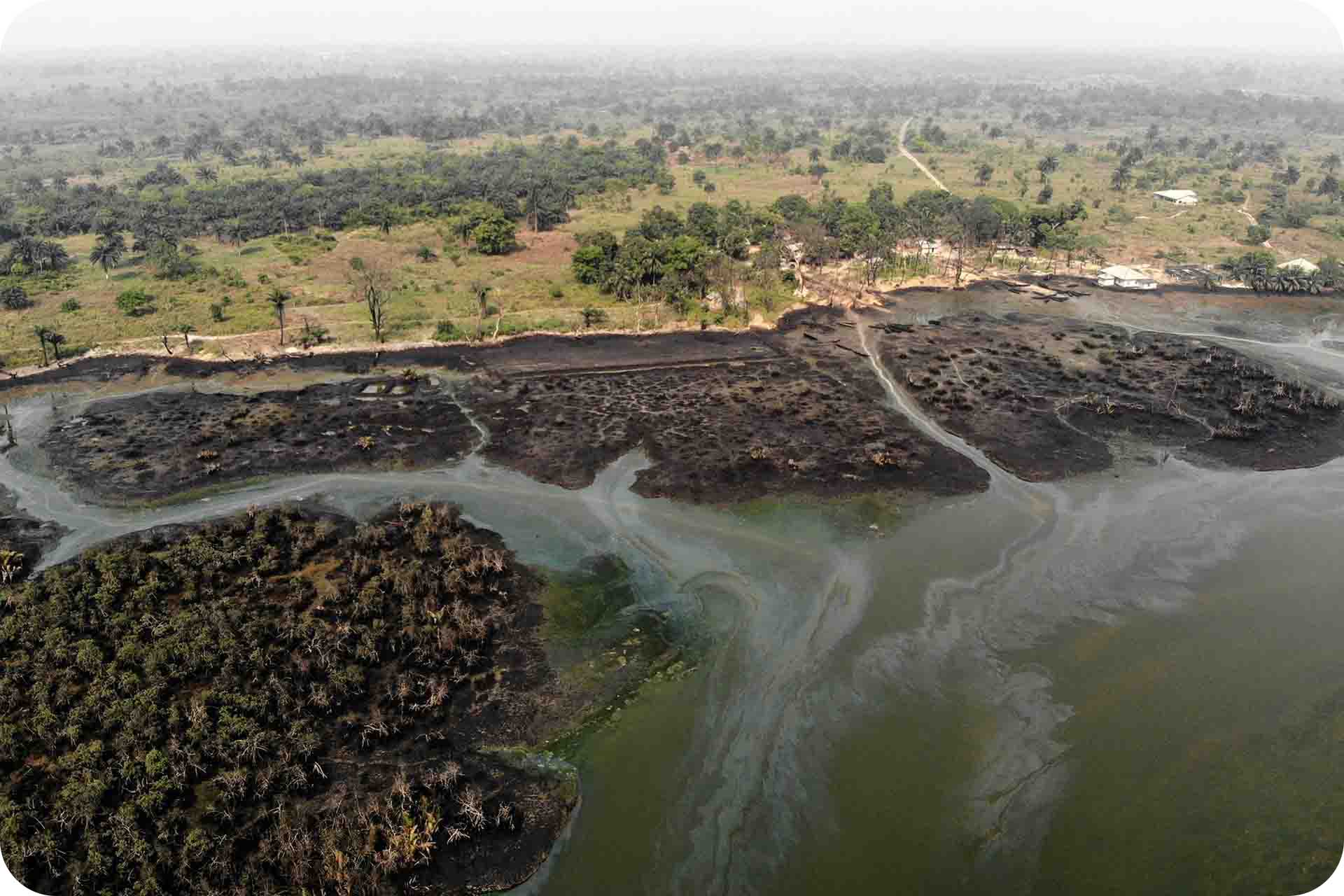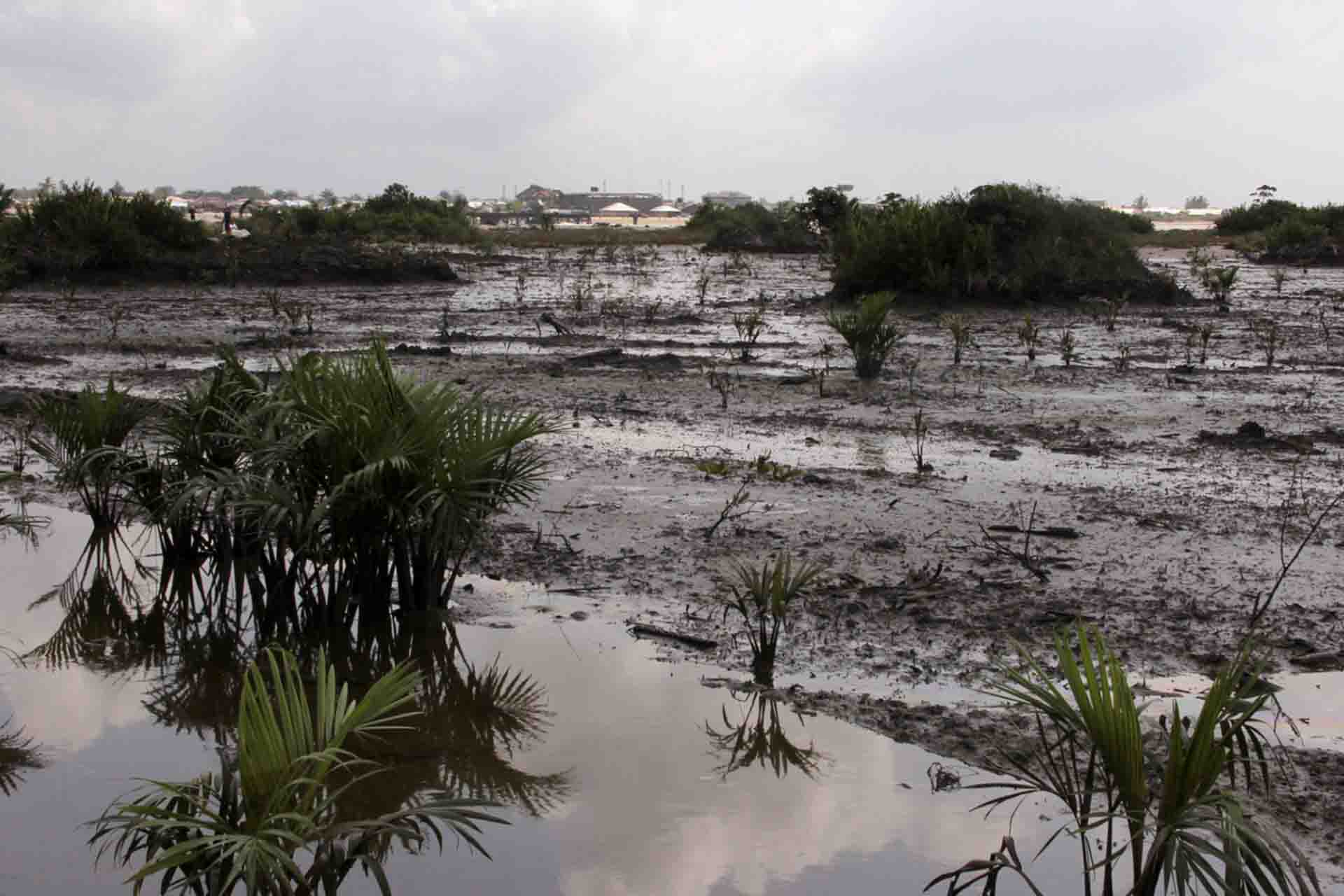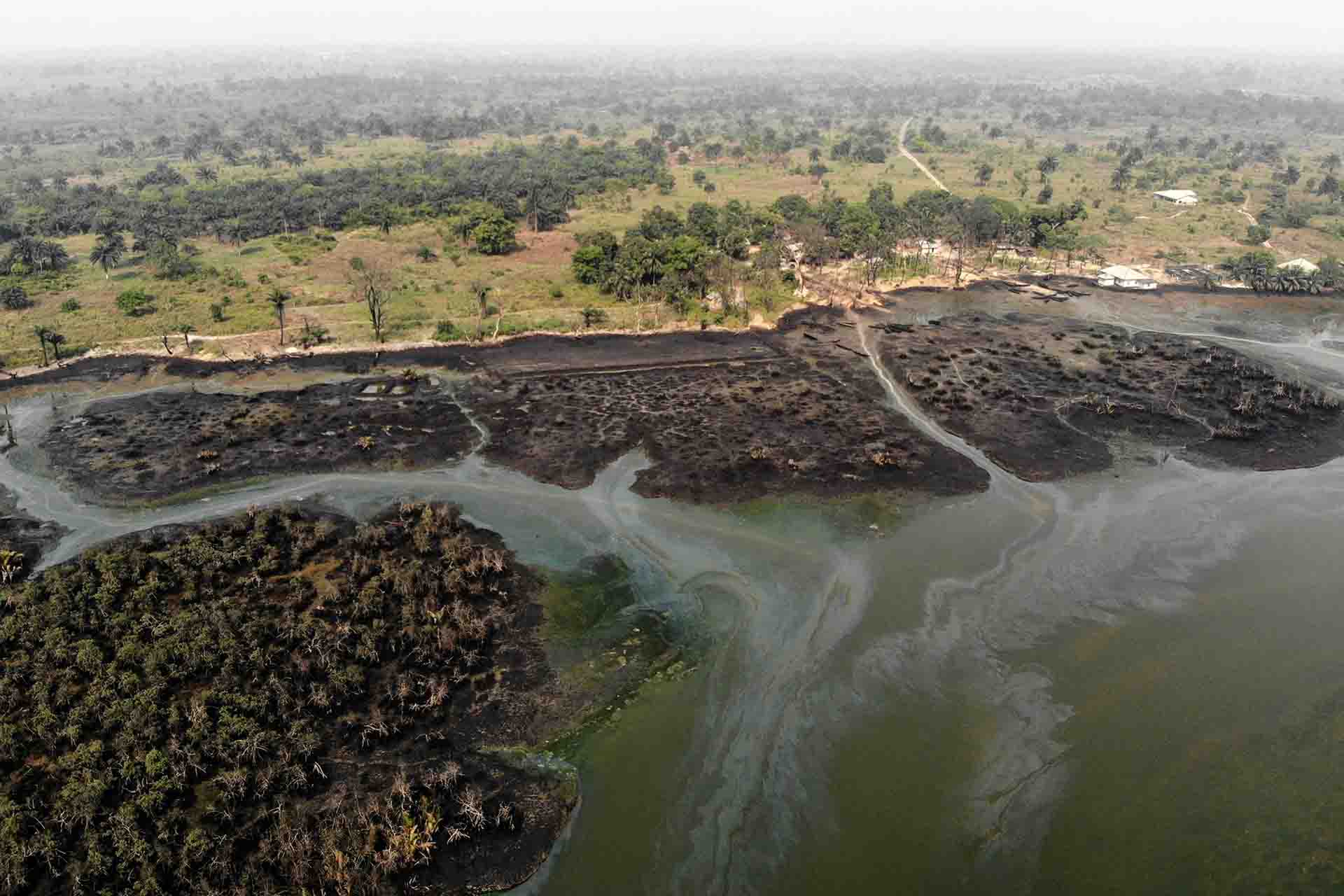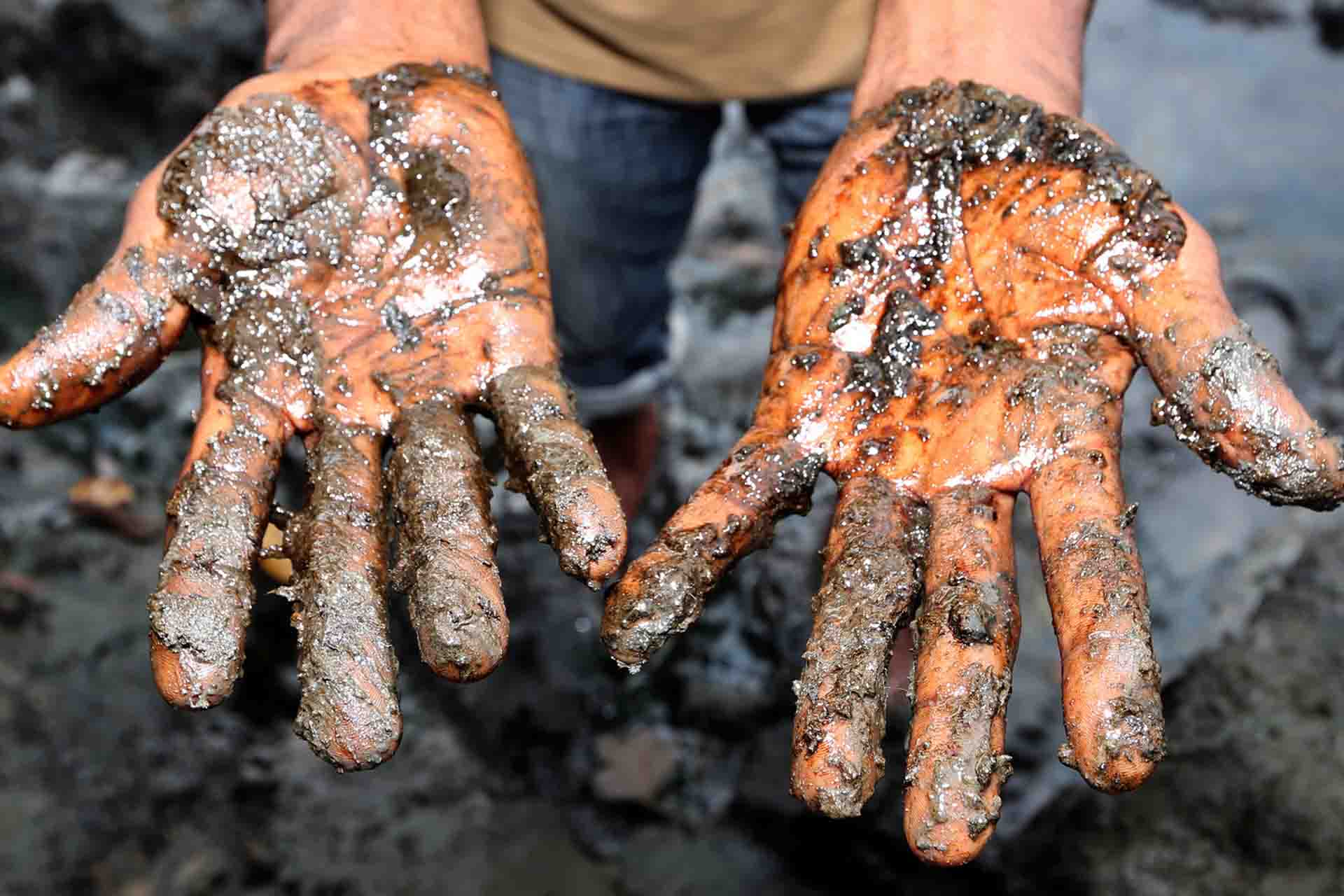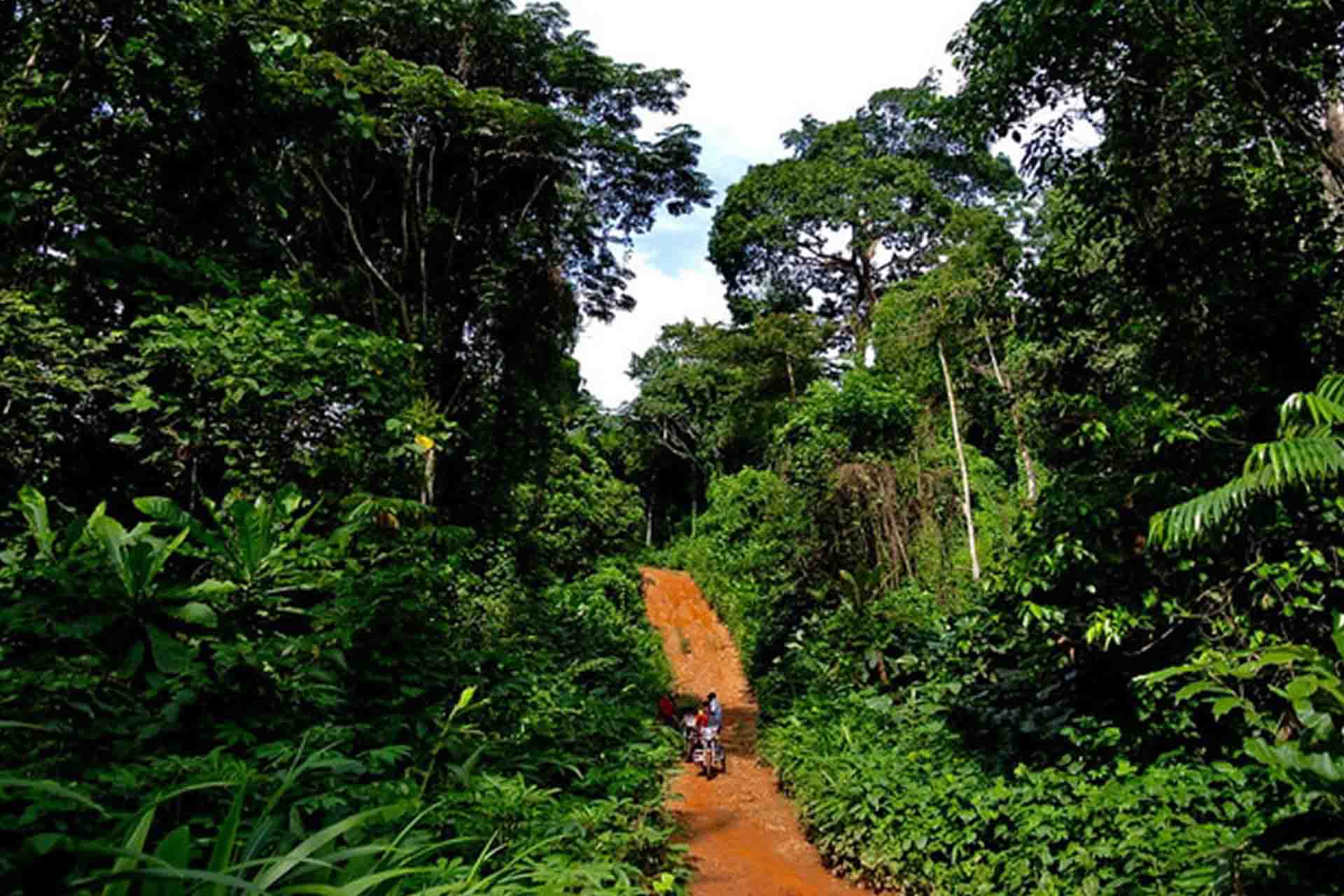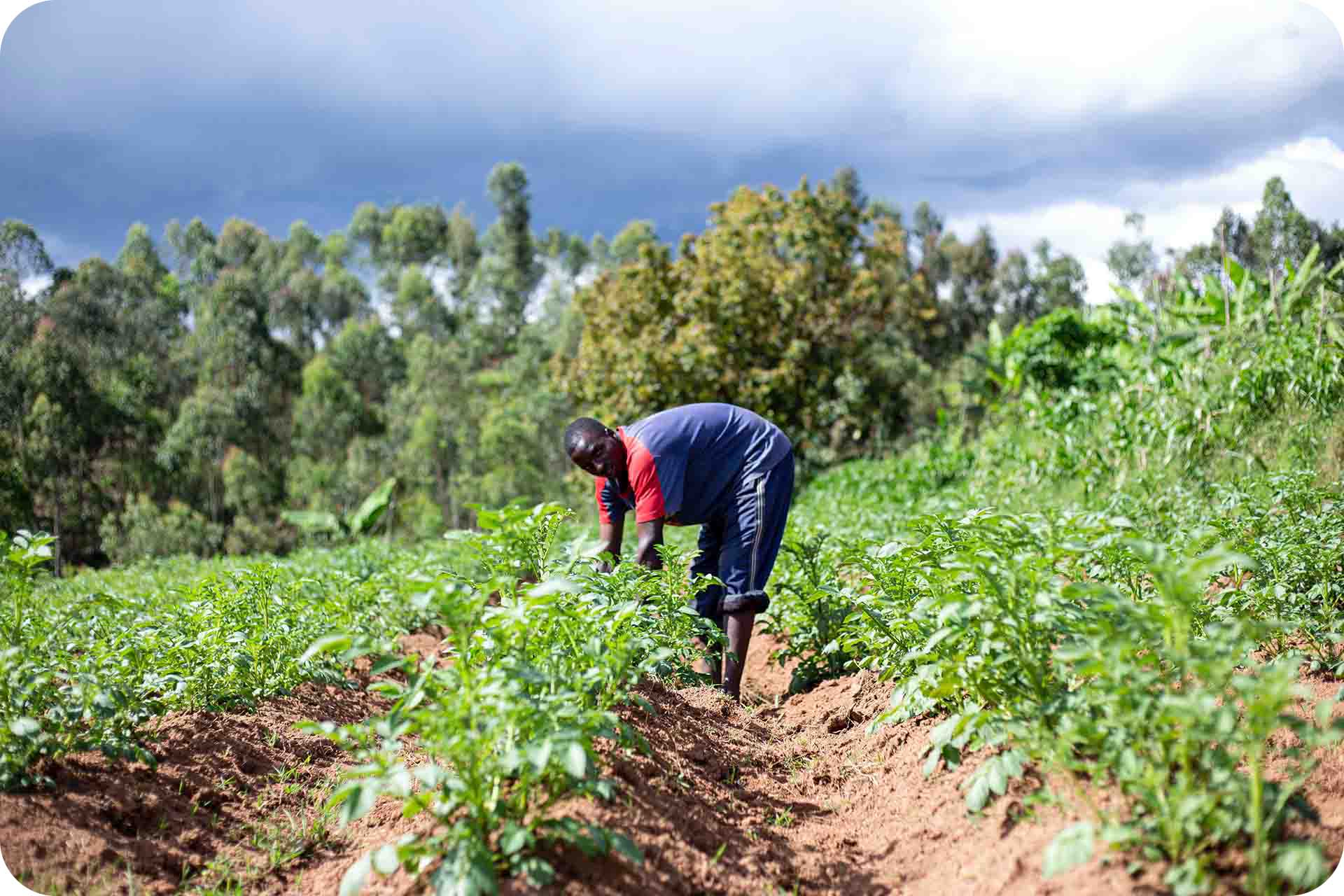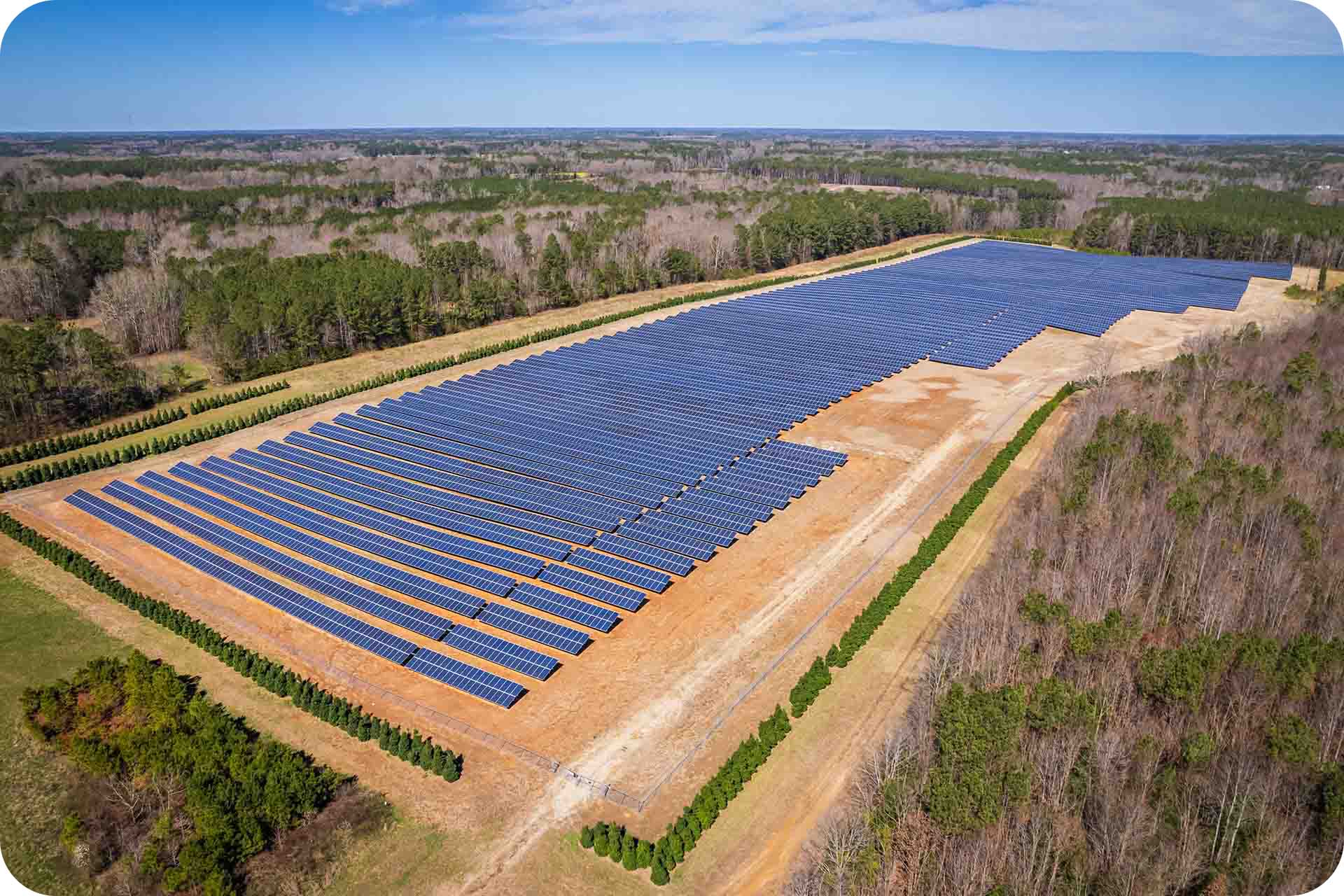Summary
This project protects forests in Niger Delta by addressing a root cause of deforestation: The heavy use of firewood for daily cooking. By providing families with the “Gyapa” cookstove, this project measurably reduces carbon emissions and makes homes safer.
This project will help turn degraded farmland into strong, biodiverse forests in Niger Delta, mixing 20 local tree species with farmed cocoa trees and sustainable timber, alongside dedicated conservation areas.
How it works
Trees are a highly-efficient and self-growing form of carbon capture and storage. They absorb and break down CO2 via photosynthesis, store the carbon in their biomass as they grow, and release the oxygen back into the air for us to breathe.
For decades, this project has been planting and nurturing trees at a large scale, turning degraded land into rich “carbon sinks”, while providing lasting jobs for many communities and creating new wildlife corridors for 15 endangered animal species to roam and flourish.
Why we chose it
We chose this project because of its extensive social and health benefits. The effects of oil exploration in the fragile region of Niger Delta communities and environment have been enormous. Local indigenous people have seen little of any improvement in their standard of living while suffering serious damage to their natural environment.
Some of the hazardous damage of oil and gas exploration in the ecosystem are life threatening which includes Air pollution, Water pollution, Noise pollution etc. Affecting the aquatic lives, human health, also leads to deforestation. The clean stove will only burn hotter and cleaner, it’s also faster to use and cheaper to fuel, saving time and money for families, mostly benefiting women.
The Location
The project has over 50 reforestation areas in three provinces across PanamaThe Niger Delta is a very densely populated region sometimes called the Oil Rivers because it was once a major producer of palm oil. The area was the British Oil Rivers Protectorate from 1885 until 1893, when it was expanded and became the Niger Coast Protectorate.
The Niger Delta is a petroleum-rich region and has been the centre of international concern over pollution that has resulted principally from major oil spills of multinational corporations of the petroleum industry.
$0.91
5000 in stock
5000 in stock

